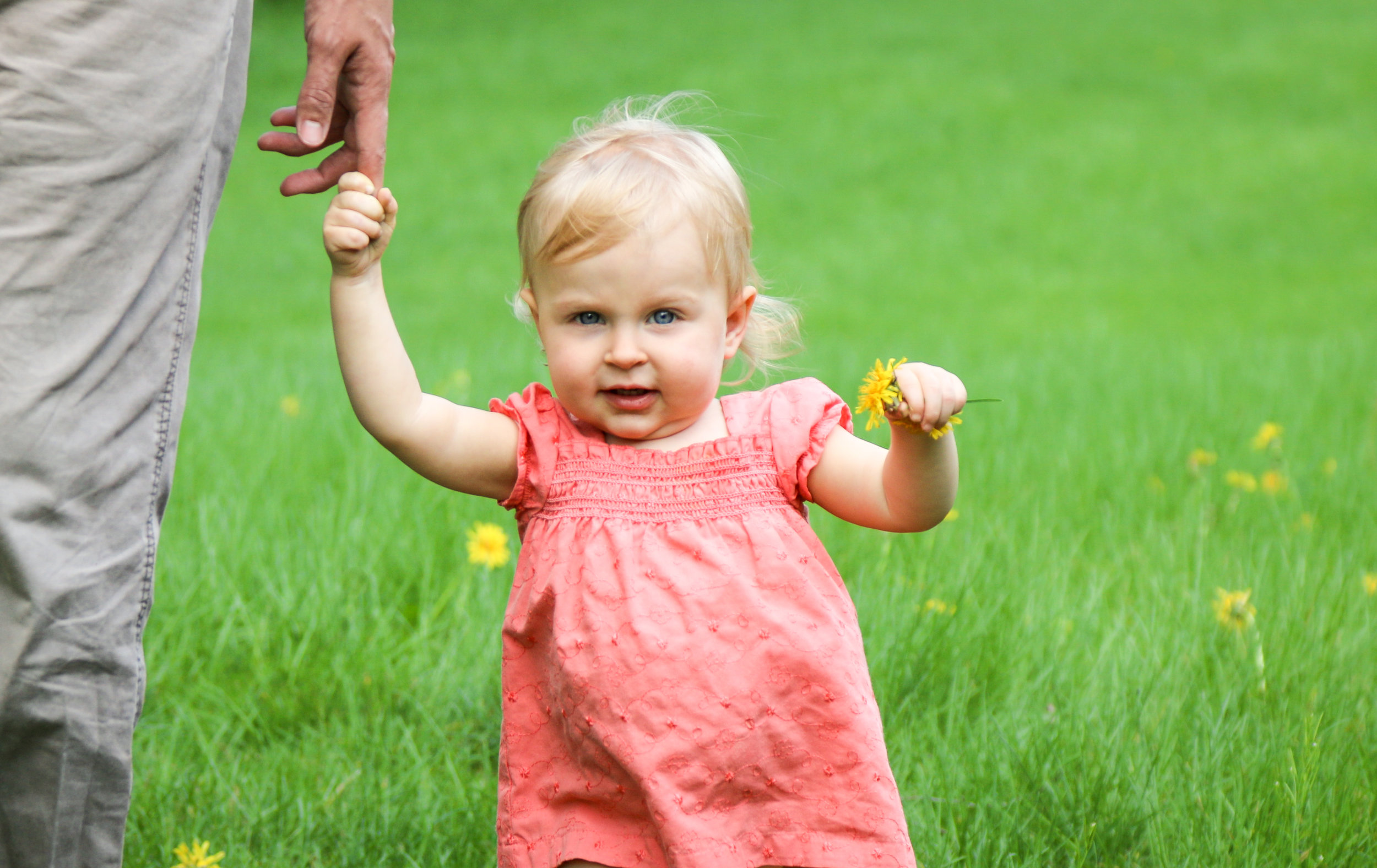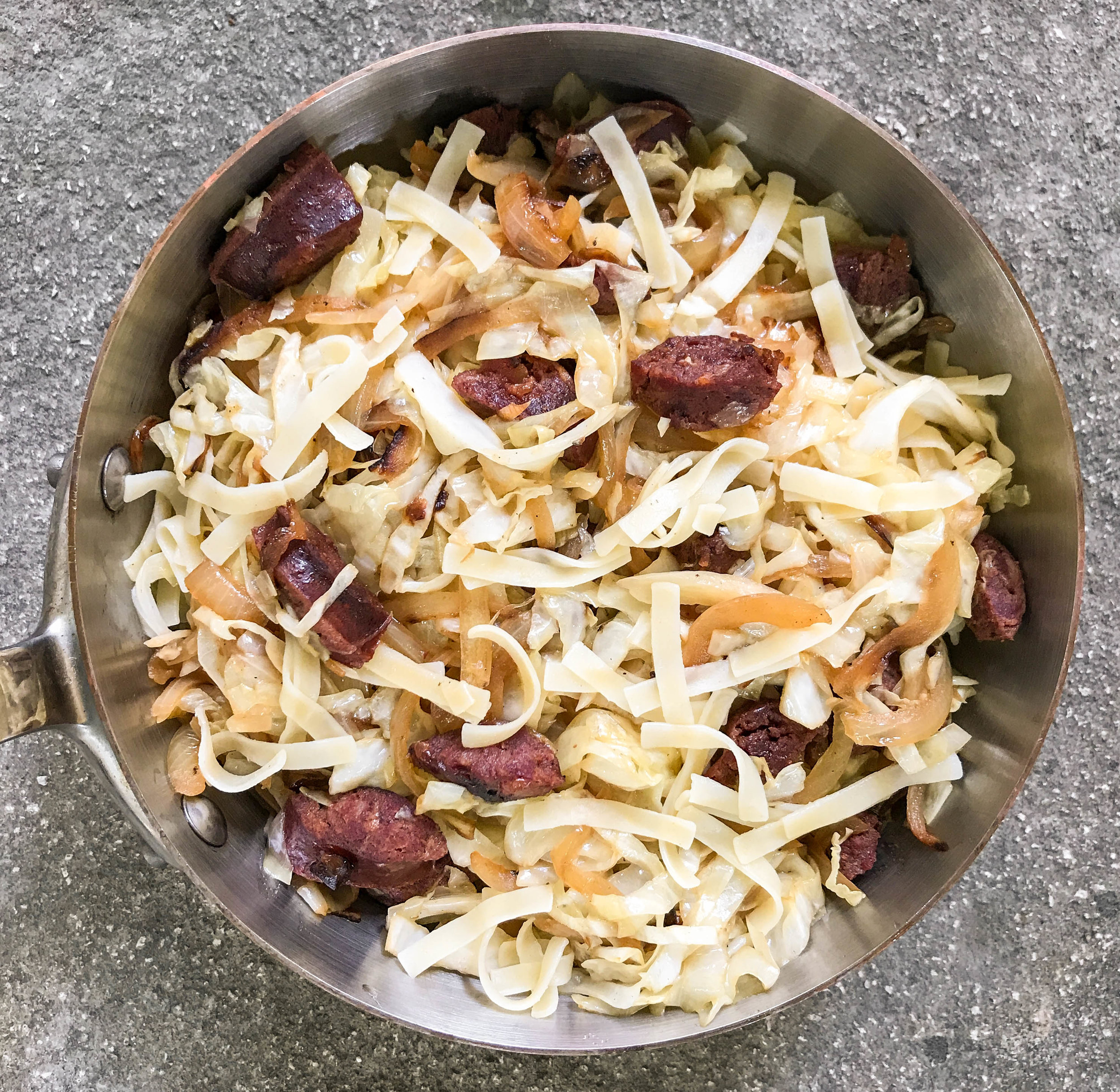Thanksgiving

In my early twenties, I worked at a homeless shelter in New Mexico. During evening shift, the most critical task was dinner for the shelter's 70 guests. The evening meal prep would start mid-afternoon when, most often, a passel of grey-haired church ladies would descend on the shelter kitchen. For the next few hours, the kitchen would be a chaotic mess of aproned volunteer cooks, hustling to prepare and serve the meal. On the occasional night when volunteers and groceries failed to show up, I would be left improvising with a pantry of mismatched items and hungry people to feed.
One night, just as I was starting to worry about the absence of both volunteers and food, there was a hesitant knock at the back door. A young man, about my age, was standing there with a huge pot in his hands. I helped him unloaded pot after pot of red and green chile from an old car parked out back. With the chiles bubbling on the stove, he set to work rolling out and frying the traditional sopapilla accompaniment.
Complementing him on the meal as I was helping him pack up his now empty pots, I asked him how he heard about the shelter. He told me that he had been homeless this time last year, and had stayed the night many times in our shelter. He said, “I figured since cooking is something I can do, I should give back.”
Gratitude has been linked to everything from longer life expectancy to better relationships and happiness. Tomorrow, we will be sharing a Thanksgiving feast with loved ones, and we hope that many of our American readers will as well. On a holiday named for gratitude, we also recognize that great disparities exist. This evening, 610,000 Americans will spend the night on the streets, one-quarter of whom are children. Tonight, 49 million Americans will not have secure access to food, and millions more will not be safe in their own homes. This Thanksgiving, there are countless ways to show gratitude.





